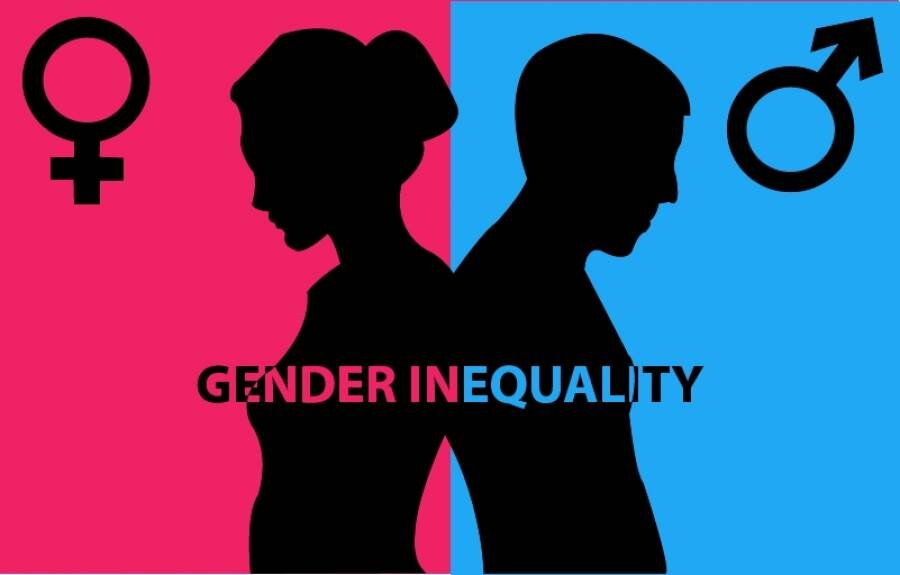THE SECRET TO ACHIEVE GENDER EQUALITY
This year looks to be significant for international gender equality. In fact, it's the target year for the accomplishment of the UN's Millennium Development Goals (MDGs), of which goal number three is to "Promote Gender Equality and Empower Women." This year also marks the 20th anniversary of the Beijing Declaration and Platform for Action. It is this declaration that will be under review during the upcoming 59th session of the Commission on the Status of Women, to be held in New York City.
As nongovernmental organization (NGO) and national leaders from around the world discuss accomplishments and disappointments regarding current gender equality goals, and as they set post-2015 targets, one necessarily crucial question is, "How does one realistically accomplish gender equality and empowerment?"
A major criticism of MDG 3 has been how it inadequately addresses how to accomplish its proposed goals of gender equality and empowering women. MDG 3 was given only one target (to eliminate the gender disparity in primary and secondary education) and three indicators: the ratio of boys to girls in schools, the share of women in non-agricultural wage employment, and the proportion of seats in national parliaments held by women. However, women certainly face discrimination in more than just school, work, and government. They are disproportionately affected by numerous ills, such as domestic violence, human trafficking, and sexual exploitation.
The Beijing Platform for Action offers a much more comprehensive list of goals and indicators, ranging from women in health, the economy, decision-making, and education to women in media, armed conflict, and the environment. The Platform for Action likewise contains many laudable and important objectives for elevating the status of women in society. In over 50 strategic objectives, however, it makes little mention of the role of the family.
While women may represent half the population in communities and nations as students, patients, journalists, political leaders, employees, and entrepreneurs, we are also daughters, sisters, wives, and mothers. Prior to having any role in society, I was a daughter and sister in my own family. I am also a wife and hope to be a mother. According to WFWP and our mission and vision, the family is the cornerstone of peace. This is so because families that value and honor women naturally build a society that values and honors women. This is a message that urgently needs to be expressed, and WFWP is leading the charge. While the goals of the UN, gender-empowerment NGOs, and others are admirable, WFWP drives the question of how to accomplish gender equality to the heart of who we are as human beings.

